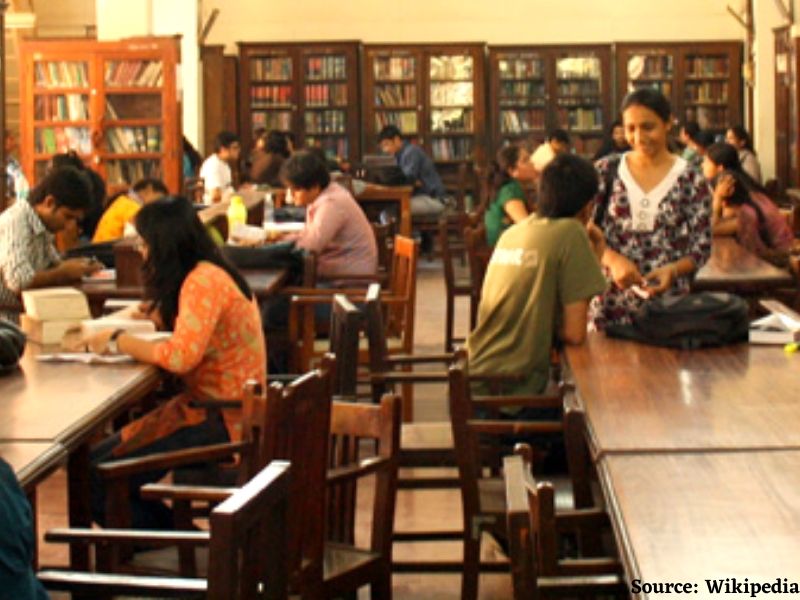Higher education institutions have been asked to introduce a 2-credit course on community engagement and social responsibility for students across courses.
A letter by the University Grants Commission, institutes have been to follow guidelines they have issued, in line with the National Curriculum Framework.
“It is recommended that each HEI conducts a course to provide community engagement to all Undergraduate and Postgraduate students so that their appreciation of rural field realities is holistic, respectful and inspiring,” a letter from the UGC reads.
The 2-credit course will be a 30-hours one with at least 50% in the field, for all students. It will be divided into four Modules; field immersion is part of each Unit Course Structure: 2 Credits Course (1 Credit for Classroom and Tutorials and 1 Credit for Field Engagement)
The course structure will encompass key aspects in modules that include Appreciation of Rural Society, understanding rural and local economy and livelihood, Rural and local Institutions, Rural and National Development Programme.
Post completion of this course (one credit theory and one credit field work), PG students can undertake a field project for additional 2 credits on any one topic specified in the guidelines appropriate to their regional community context.
UGC said that when higher education develops new curricula in existing courses as well as design new courses to engage with the community, it enriches the curriculum of existing courses through locally appropriate subject matter.
“For example, new courses on financial inclusion, entrepreneurship development and nutritional value of local produce can improve knowledge and business opportunities for students,” the guidelines read.
These courses also facilitate the tapping of skills and expertise from locals. “Local community elders, women leaders, tribals, entrepreneurs and civil society practitioners have enormous practical knowledge of a wide variety of issues—from agriculture and forestry to child-rearing, micro-planning, water-harvesting, and project management. This expertise can be tapped by inviting such practitioners to co-teach courses both in the classrooms and in the field. Such instructors should be duly recognized, compensated, and respected for their practical experience and knowledge.”
Also read: 14 UGC scholarships & fellowships
Posted in National, News























